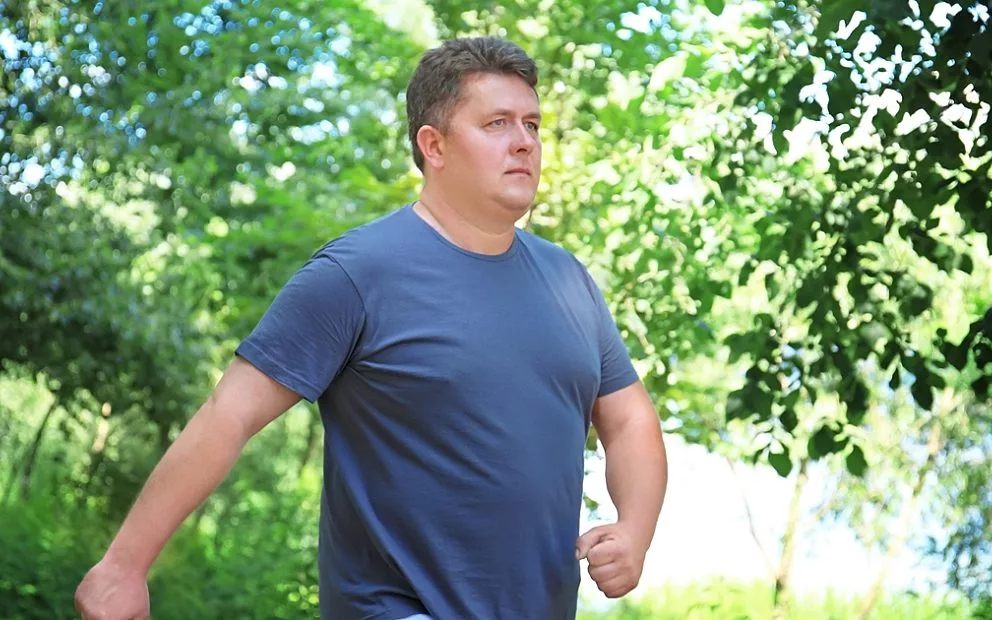A new study has found a fasting diet that prioritises eating early in the day could be the key to reducing the risk of developing type 2 diabetes.
A research team from SAHMRI and the University of Adelaide led by Professor Leonie Heilbronn compared the results of a time restricted intermittent fasting regime with a reduced calorie diet, to determine which was more beneficial for those prone to developing type 2 diabetes.
“We found that following a time restricted intermittent fasting diet may help lower the chances of developing type 2 diabetes,” Prof Heilbronn said.
Participants on the intermittent fasting program fasted for three days per week, eating their daily intake of calories between 8am and 12pm on those days.
Prof Heilbronn says those participants showed a greater tolerance to glucose after six months than those on a low-calorie diet. Both groups incurred a near identical amount of weight loss.
“People who were intermittent fasting were more sensitive to insulin and also experienced a greater reduction in blood lipids than those on the low-calorie diet,” Prof Heilbronn said.
Around 1.3 million Australians are currently living with the type 2 diabetes, which is caused by cells not responding effectively to insulin, limiting the body’s ability to produce the hormone, which is responsible for controlling blood glucose.
It’s estimated that nearly 60 per cent of type 2 diabetes cases could be delayed or prevented with changes to diet and lifestyle.
More than 200 participants were recruited from South Australia for the 18-month study recently published in Nature. It’s the largest study in the world to date to assess how the body processes and uses glucose after eating a meal.
“These results add to the growing body of evidence indicating that meal timing and fasting extends the health benefits of a restricted calorie diet, independently from weight loss and this may be influential in clinical practice,” Prof Heilbronn said.
Further research is needed to investigate if the same benefits can still be experienced with a slightly larger eating window, which could make the diet more sustainable in the long term.





